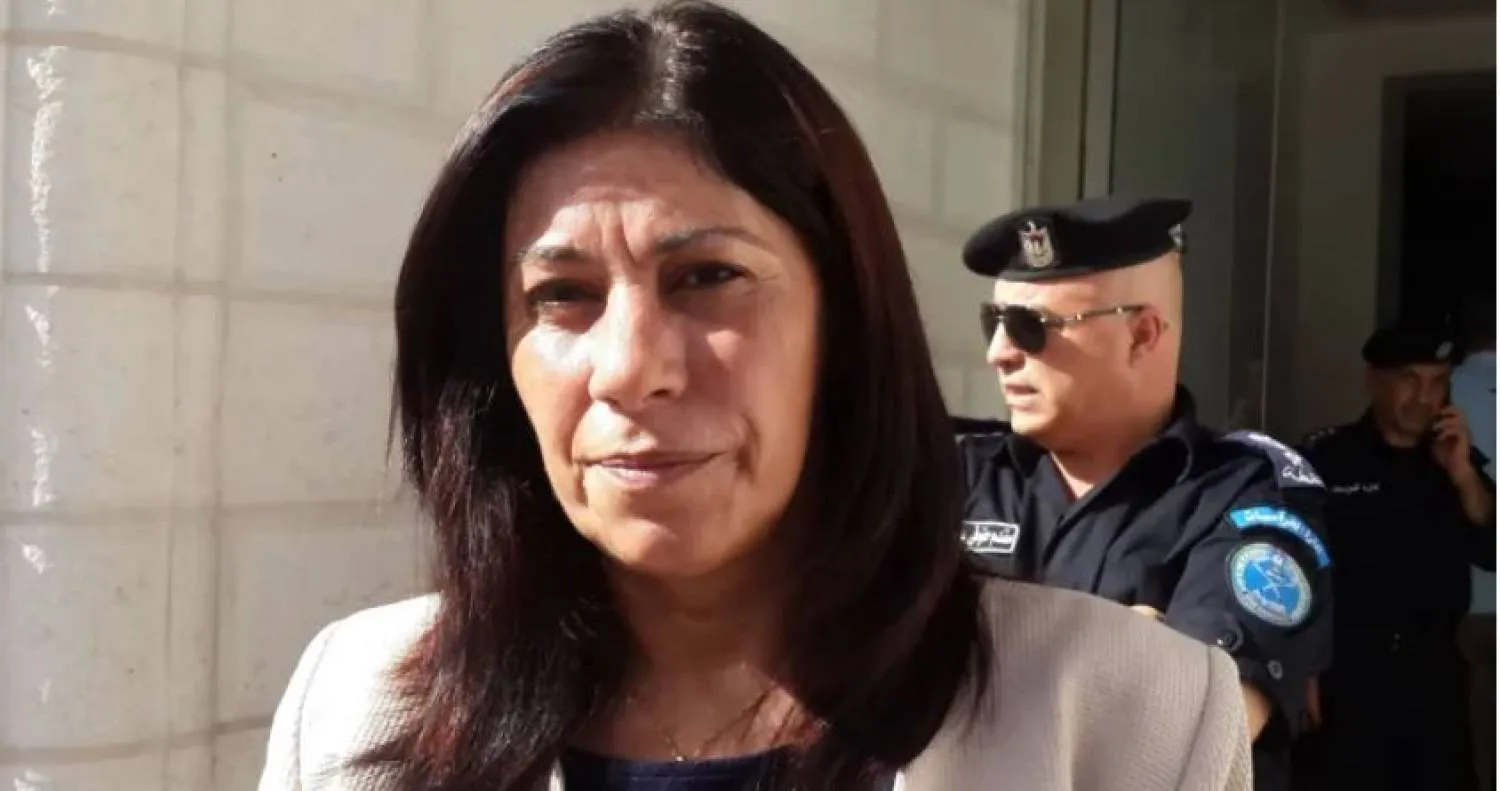Israel has transferred prominent Palestinian activist Khaleda Jarrar into administrative detention for six months, announced the Palestinian Prisoners Society (PPS) on Thursday, bringing the total number of females under administrative detention to ten.
Jarrar, aged 60, was apprehended on December 26, with a history of multiple arrests preceding the recent detention, as stated by the PPS.
Utilizing an old British law, Israel has the authority to hold Palestinians in administrative detention for up to six months without trial. This term can be indefinitely renewed based on the alleged existence of a confidential file on the detainee.
"The Occupation released her in 2021. During her arrest, she lost her daughter and was deprived of bidding farewell to her. During her arrest in 2017, she lost her father," the statement read.
Israeli authorities refrained from providing comments on the transfer of multiple detainees, including Jarrar, into administrative detention.
The PPS drew attention to a concerning surge in the number of administrative detainees in Israeli prisons, reaching the highest count since the Intifada in 1987. The figure stood at 3,291 detainees at the end of December, surpassing both sentenced captives and those in pretrial detention.
In a separate statement, the PPS reported that Israeli occupation forces had detained at least 28 citizens in the West Bank on Wednesday and Thursday, including some individuals with prior captivity experience. This brings the total number of arrests since October 7 to 5,810.









